What is Plagiarism?
The use of duplicate content can lead to penalties imposed by search engines, which can result in a decline in search engine rankings and visibility. As an SEO expert, it is important to ensure that the content on your website is original and not plagiarized.
How Plagiarism can Impact Your Content?
1. Reputation damage:
2. Legal consequences:
3. Decreased value of content:
4. Negative impact on SEO:
How to Check Plagiarism?
There are various ways to check plagiarism, some of which include:
- Online Plagiarism Checkers: There are various free online plagiarism checkers available, such as Grammarly, Small SEO Tools, and Copyscape. These tools scan your content and compare it against millions of other web pages to see if there is any duplicate content. They provide a detailed report on the percentage of plagiarism in the text and highlight the exact sections that need to be revised.
- Google Search: Another way to check plagiarism is to use the Google search engine. Simply copy and paste a portion of your content into the search bar and add quotation marks around it. The results will show you where that exact text appears on the web.
- Manually Checking: If you want to be extra cautious, you can check for plagiarism manually. This involves reading through the content carefully and comparing it with other sources to see if any sections are identical.
Free Online Tools To Check Plagiarism
Some of the free tools that you can use to check plagiarism are:
1. Small SEO Tools Plagiarism Checker
This is a user-friendly tool that allows you to check plagiarism for free. Simply copy and paste your content into the text box and hit the "Check Plagiarism" button. The tool will scan your content and give you a detailed report on the percentage of plagiarism.
2. Grammarly
3. Copyscape
4. Quetext
Quetext is a powerful plagiarism checker that uses advanced algorithms to scan your content and compare it against billions of web pages. It provides a detailed report on the percentage of plagiarism and highlights the exact sections that need to be revised.
5. PlagScan
PlagScan is another great tool that allows you to check plagiarism for free. It uses advanced algorithms to scan your content and provides a detailed report on the percentage of plagiarism.
6. DupliChecker
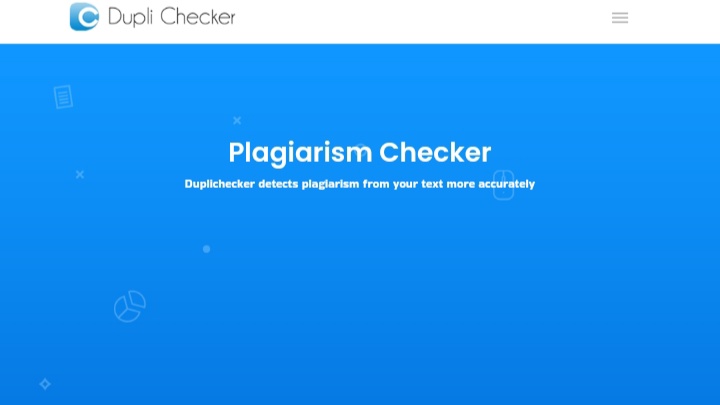 |
DupliChecker is a free plagiarism checker that allows you to check plagiarism for up to 1000 words at a time. It provides a detailed report on the percentage of plagiarism and highlights the exact sections that need to be revised.
7. PrePost SEO
PrePost SEO is a comprehensive plagiarism checker that not only checks for plagiarism but also checks grammar, spelling, and punctuation errors. It provides a detailed report on the percentage of plagiarism and highlights the exact sections that need to be revised.
8. PaperRater
PaperRater is a free tool that allows you to check plagiarism for up to 1500 words at a time. It uses advanced algorithms to scan your content and provides a detailed report on the percentage of plagiarism.
In addition to these tools, it's also important to regularly check your content for plagiarism, especially if you're publishing content frequently. This will help you maintain the quality of your content and ensure that it's original and not duplicated from other sources.
In conclusion,
plagiarism is a serious issue that can affect the quality of content published online. As an SEO expert, it's important to ensure that the content on your website is original and not plagiarized. There are various ways to check plagiarism, including online plagiarism checkers, Google search, and manual checking. By using these tools, you can ensure that your content is original and of high quality, which will help improve your website's search engine rankings and visibility.



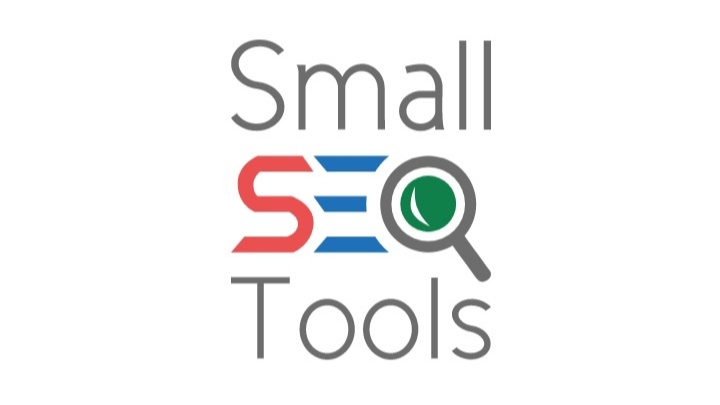

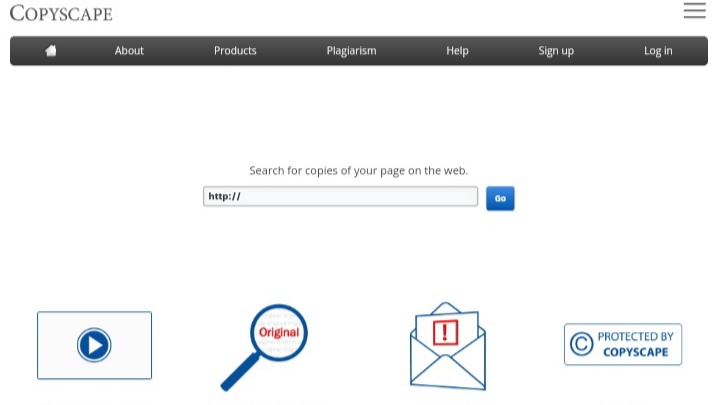
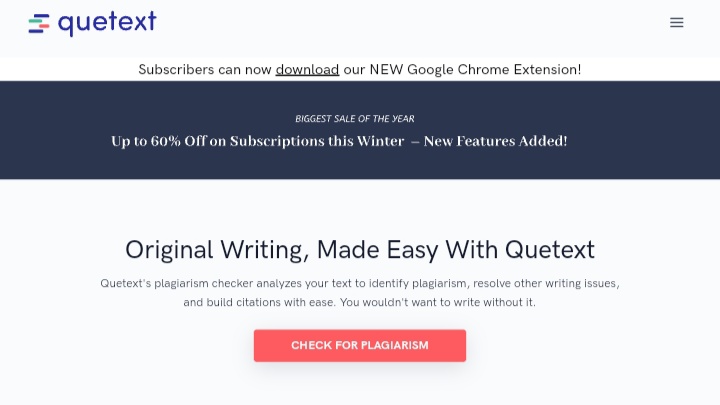
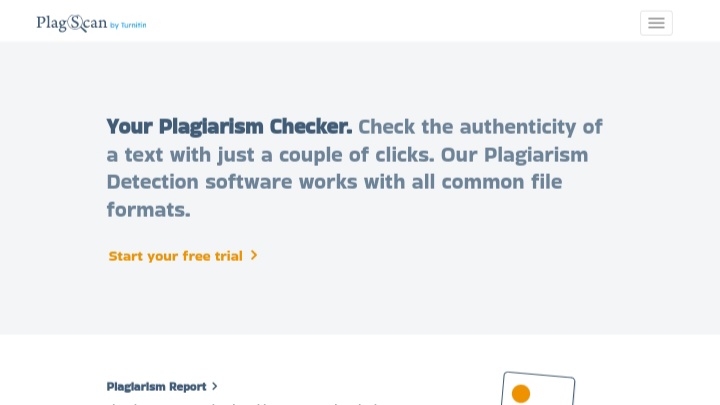
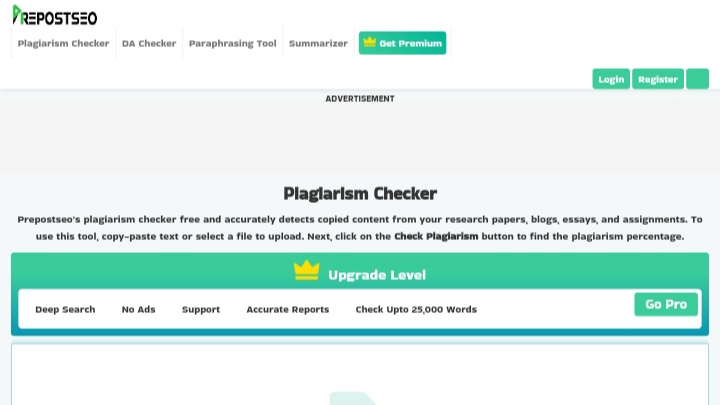
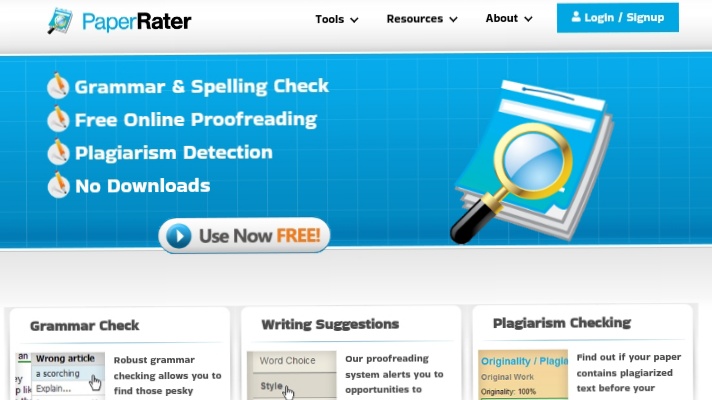



0 Comments